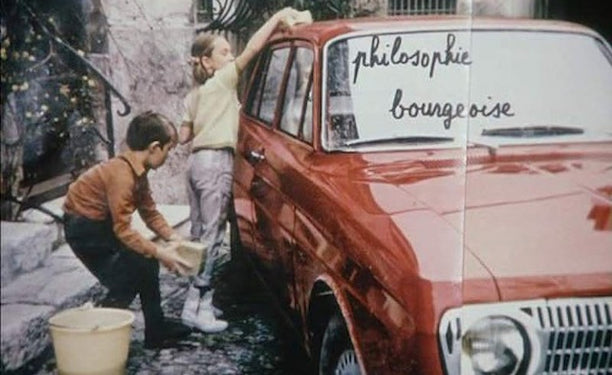
The Two Avant-Gardes
Peter Wollen's landmark essay on the relation between two distinct traditions of avant-garde film.

Peter Wollen's landmark essay on the relation between two distinct traditions of avant-garde film.
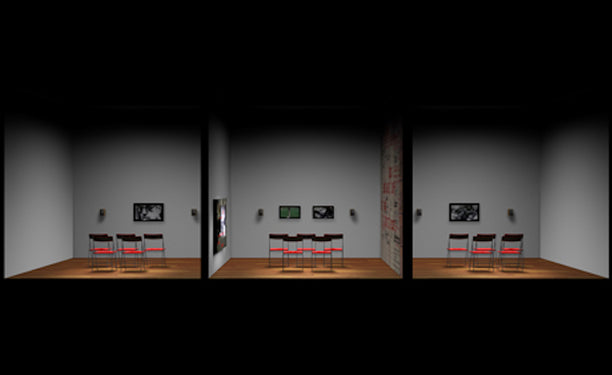
There is something both refreshing and salutary in rediscovering Ernst Bloch, the philosopher of utopia, at this most anti-utopian age.

Lefebvre's monument to the unknown painter remains to be built.

In this career-spanning interview with George Souvlis, Esther Leslie discusses Walter Benjamin, animated film, the history of color, the Historical Materialism project, and the commemoration of the revolutionary past.
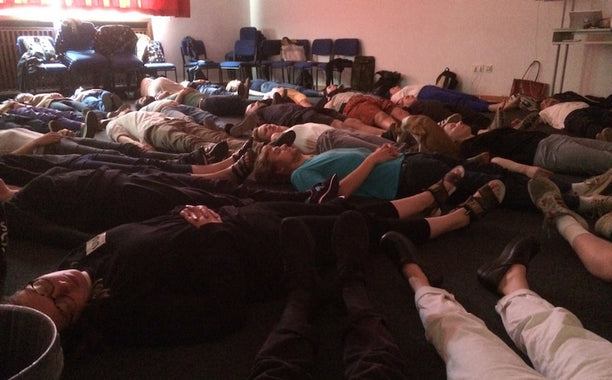
"Proxy Politics" is both a diagnosis of the modern political terrain and a potential framework and strategy with which to resist it.
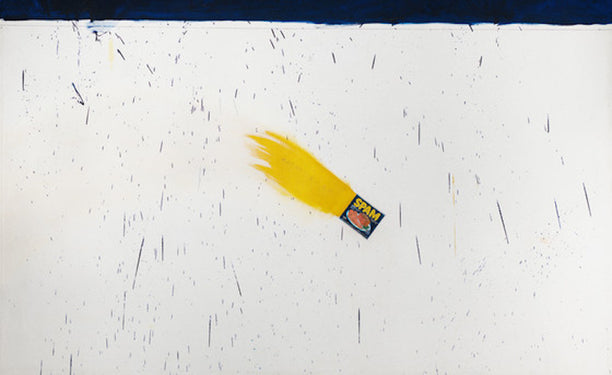
In this excerpt from Duty Free Art, Hito Steyerl on spam; a substantial expression of a period that has elevated superfluity into one of its guiding principles.

A documentary video on the ZAD by artist Oliver Ressler.

“Nothing that you make in the world exists in isolation from the social and political and ecological dimensions of it.’’
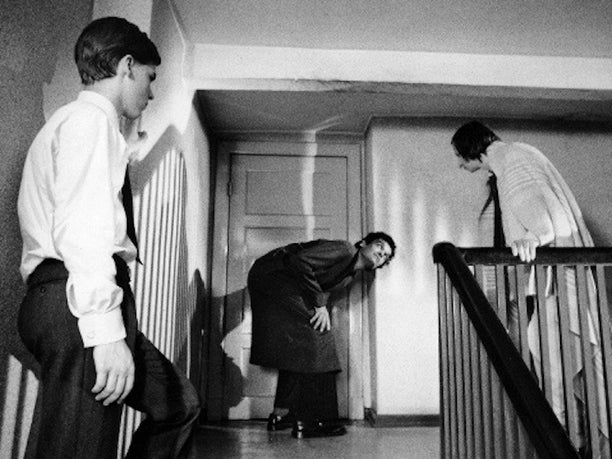
Galvano Della Volpe's consideration of literary realism after Engels' famous remarks on Balzac and Lenin's on Tolstoy.

Throughout the twentieth century the concerns of artists in Europe and North America have had an obvious impact on the art of Latin America, yet it is important to recognize the particular significance of movements such as Surrealism or abstraction within a non-Western context.
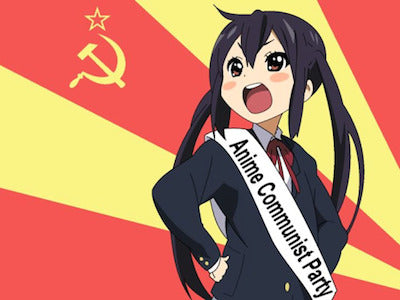
In General Intellects I only touched on aesthetic questions. This essay extends my treatment there of Hiroki Azuma and Angela McRobbie, with a look at an influential book by Sianne Ngai.

Perry Anderson probes Edward Thompson's work on William Morris and his defense of utopianism.